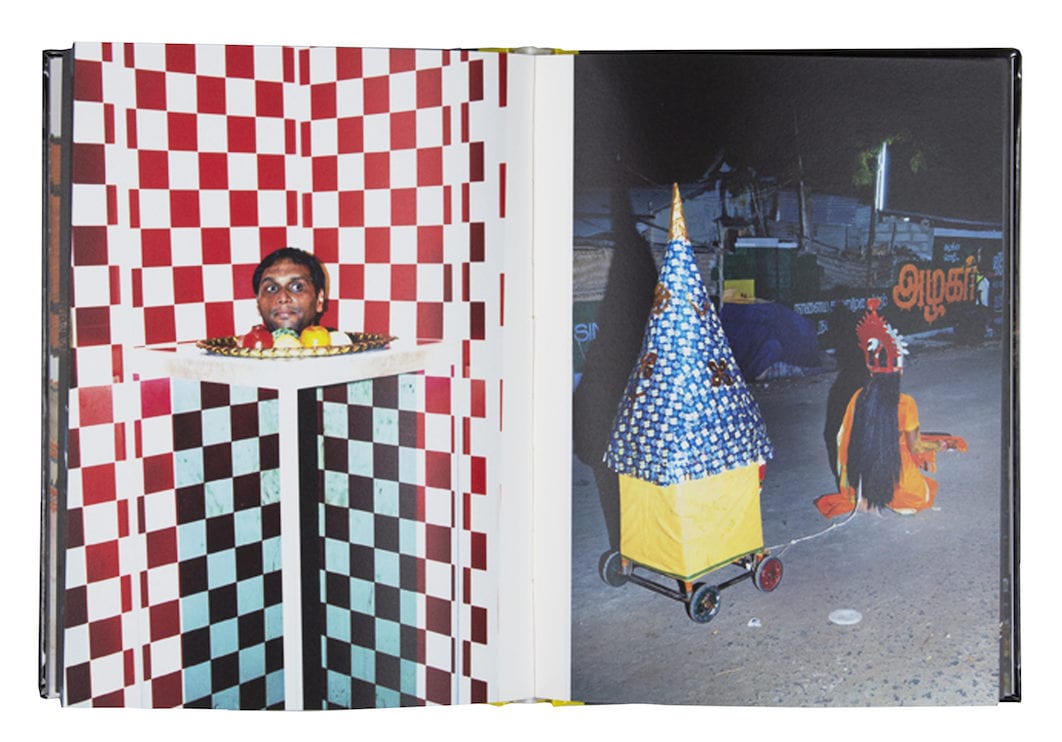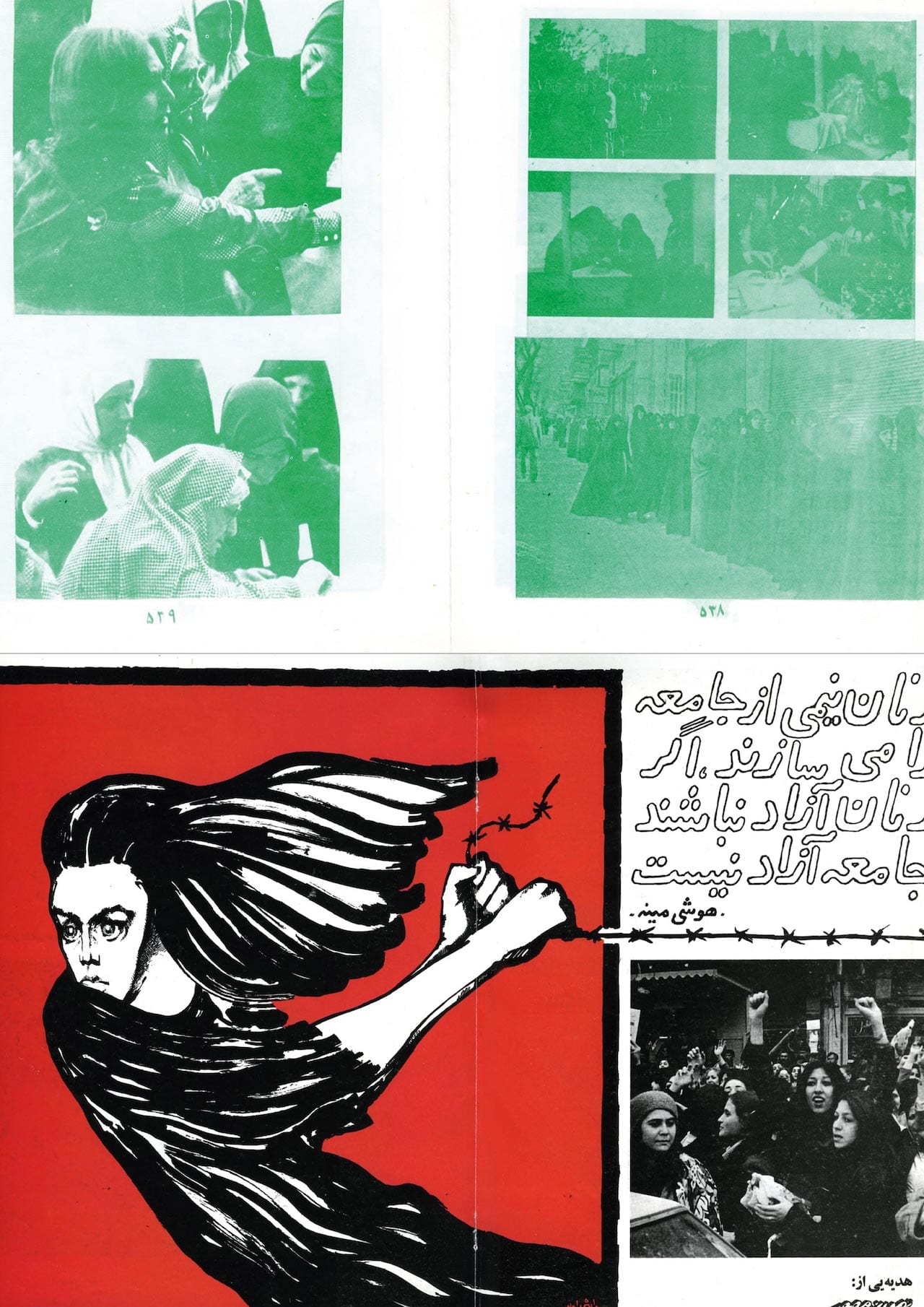Introducing this year’s winning titles by Sohrab Hura, Hannah Darabi, Gao Shan and Drew Nikonowicz


Introducing this year’s winning titles by Sohrab Hura, Hannah Darabi, Gao Shan and Drew Nikonowicz

“These documentary practices coalesced into a visual culture which, with its aptitude for capturing and transmitting collective emotions, became a tool for political propaganda,” write Hannah Darabi and Chowra Makaremi. They’re talking about the work produced in Iran in the years 1979-83, the period after the fall of the Shah and at the start of the Islamic government and a time in which freedom of speech briefly flourished, they argue, before descending into something darker.
“These few years stand out on their own in terms of the country’s publishing history,” adds Makaremi. “The creation and distribution of books would never be as unfettered as it was during this period. Nevertheless, at the same moment, books were also progressively becoming instruments of political propaganda and publishing became the laboratory in which to experiment with every form of dissemination of emotions, ideologies, and opinions. This propaganda operated through the production of texts, but also, and especially as of 1979, through visual and pictorial production.”
Darabi is a visual artist and collector who was born in 1981 in Tehran but is now based in Paris; her collection of Iranian photobooks make up the backbone of Le Bal’s latest exhibition, along with her own photographic “reconstructions”, creating using contemporary photographs of Tehran and archive images such as family snaps, press images, and postcards. Makaremi, a tenured researcher and a member of the National Center for Scientific Research (CNRS) in Paris, has “decrypted” the exhibition; in addition, Le Bal and Spector Books have worked with Darabi to create an accompanying photobook, with an introduction by Makaremi.